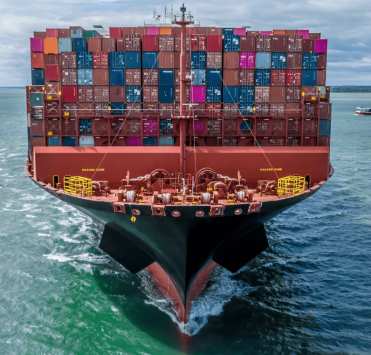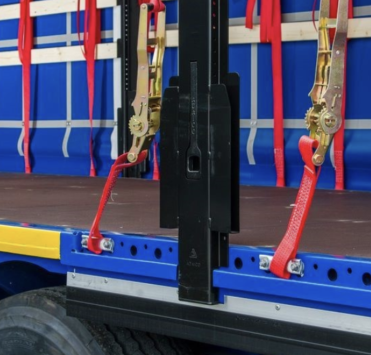CIF vs CFR: What are the differences and who is responsible for what?

Incoterms CIF and CFR are among the most common terms used in international trade, especially when it comes to maritime freight transport.
Both terms are part of the Incoterms 2020 classification and are used when transporting goods by sea or inland waterways. Despite their similarities, there are important differences between CIF and CFR in terms of costs, insurance, and liability for the cargo.
In this article, we will take a detailed look at:
- What CIF is and how it works;
- What does the term CFR mean?
- When does responsibility for the goods pass?
- What is the main difference between CIF and CFR?
- How to choose the right term for your contract.
What is CIF (Cost, Insurance and Freight)?
CIF is an international trade term that stands for “cost, insurance, and freight.” Under CIF, the seller bears the cost of transporting the goods to the port of destination and provides minimum insurance coverage for the duration of the sea voyage.
The main obligations of the seller under CIF are:
- Preparation of shipping documents and export documentation;
- Arrangement of delivery of an empty container for loading;
- Delivery of the loaded container to the port of shipment;
- Loading the container onto the vessel;
- Payment of freight to the port of destination;
- Arranging insurance for the goods in favor of the buyer.
The buyer's responsibilities:
- Assumption of risk immediately after the container with the goods is loaded onto the vessel;
- Unloading the container from the vessel;
- Organization of delivery of goods upon arrival at the port of destination;
- Payment of customs duties and customs clearance in the country of import;
- Unloading of cargo.
The key concept of CIF is insurance. The seller is obliged to provide insurance coverage that is beneficial to the buyer, especially if the buyer has no experience in organizing transportation.
What is CFR (Cost and Freight)?
CFR is an Incoterms trade term that means “cost and freight.” Here, the seller is also responsible for paying for transportation to the port of destination, but cargo insurance is not included in their responsibility.
The main responsibilities of the seller under CFR are:
- Preparing shipping documents and export documentation;
- Organizing the delivery of an empty container for loading;
- Delivering the loaded container to the port of shipment;
- Loading the container onto the vessel;
- Paying the freight to the port of destination;
The buyer's responsibilities:
- Assumption of risks immediately after loading the container with goods onto the vessel;
- Arranging insurance (at their own discretion);
- Unloading the container from the vessel;
- Arranging delivery of the goods after arrival at the port of destination;
- Payment of customs duties and customs clearance in the country of import;
- Unloading the cargo.
Key points about CFR: although the seller pays the freight, the risks and responsibility are transferred to the buyer at the port of departure, i.e. at the moment of loading onto the vessel.
When does responsibility for the cargo transfer?
In accordance with Incoterms 2020, the moment of transfer of risk is the same for both CIF and CFR:
Responsibility for the goods passes from the seller to the buyer at the moment when the container with the cargo is loaded onto the ship at the port of departure.
Thus, if the cargo is damaged or lost during transportation:
- With CFR, all losses are borne by the buyer if they have not taken out insurance themselves;
- Under CIF, the losses are partially covered by the insurance company chosen by the seller.
Conclusion
Understanding the difference between CIF and CFR is critical when drafting international contracts. CIF includes insurance and is suitable for buyers who want to reduce risks, while CFR is suitable for those who have experience and want to manage risks and costs themselves.
Before agreeing on the terms, make sure that you:
- Clearly understand the point of transfer of responsibility;
- Have agreed on the level of insurance coverage (if CIF);
- Have taken into account all logistics costs and risks.
Tip: To avoid disputes, always specify the terms of delivery in the commercial contract in accordance with Incoterms 2020.









